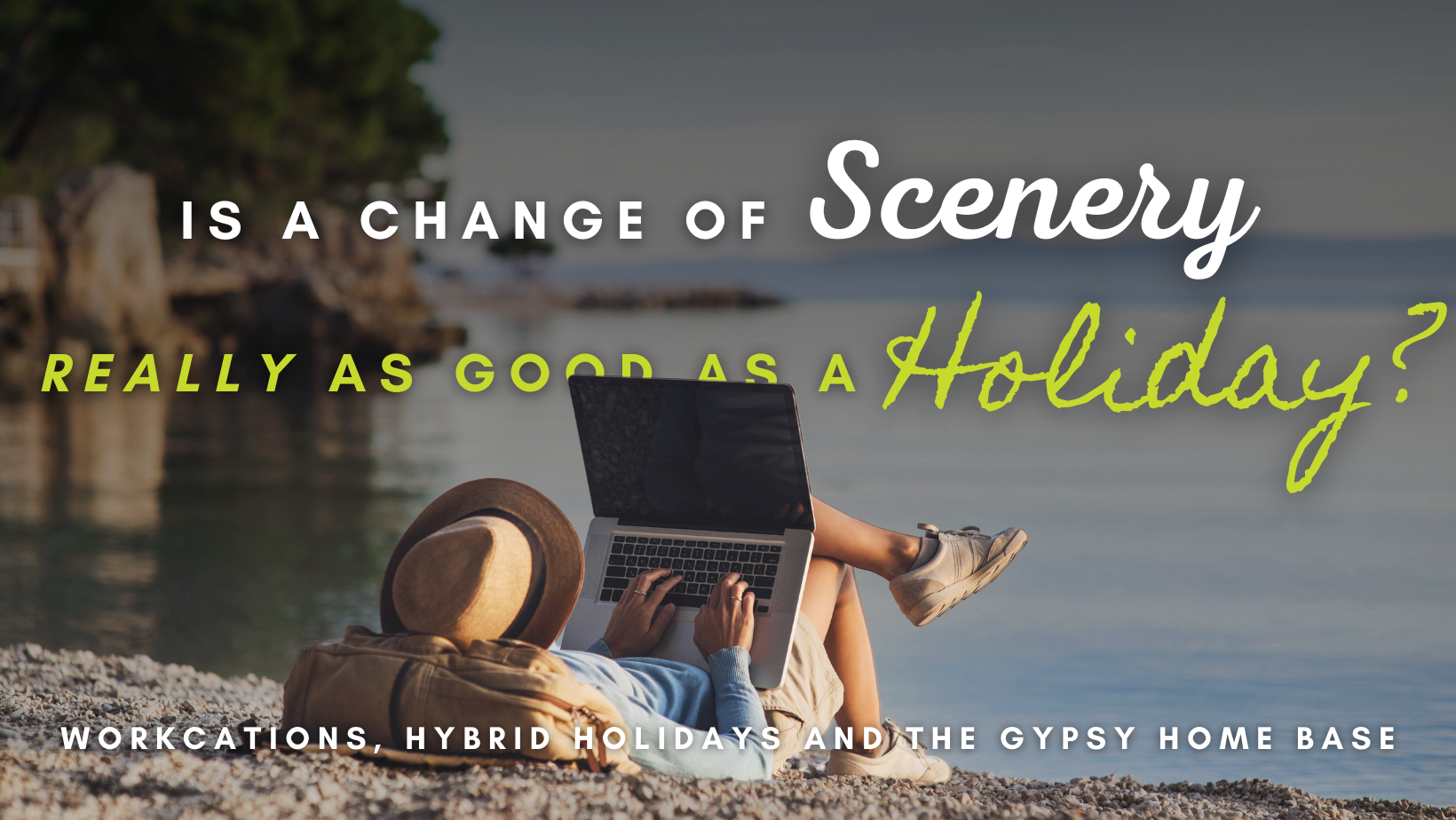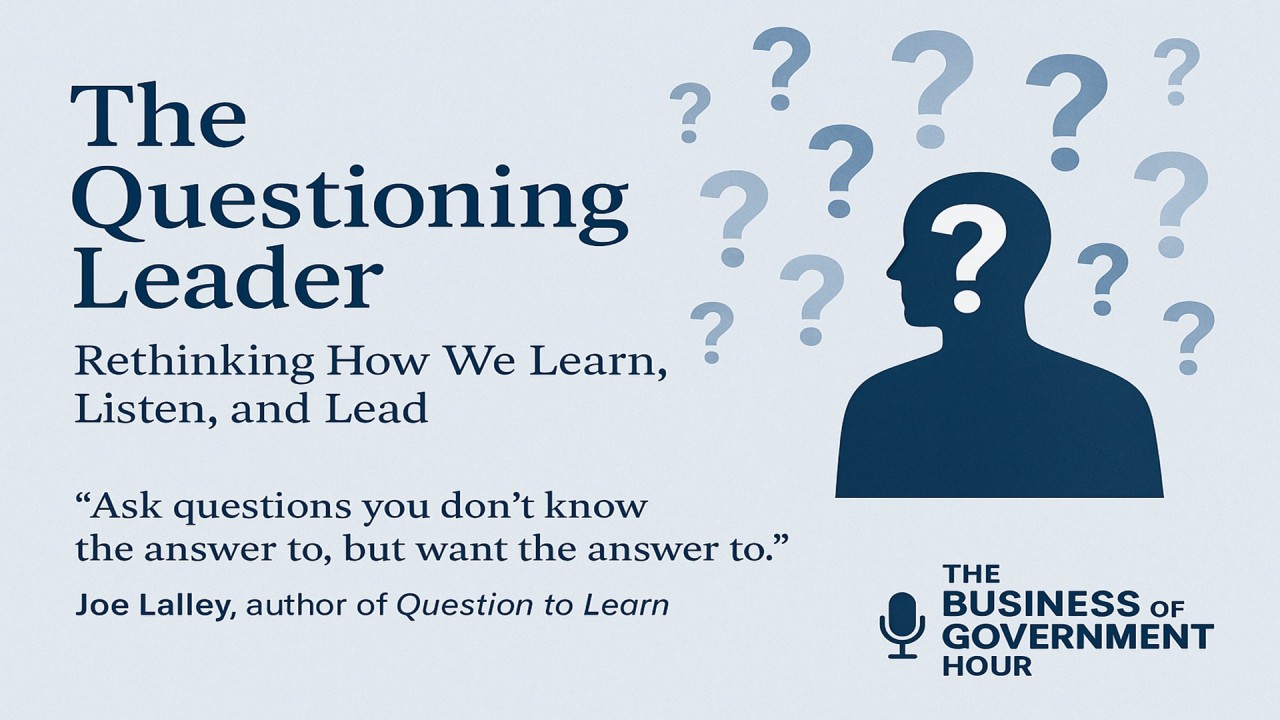Jan10

Because of the pandemic, most of us have had our suitcases tucked away for the last two years. Traveling has been near-impossible—data shows that in October 2019, over 900,000 Australians left the country, whereas in Oct 2020 and 2021, it was under 15,000 people. Many employees do not want to use their vacation time on something that is less than ideal—if you can’t get away, why take a vacation?
This lack of international travel coincided with the rise in remote work, where employers and employees alike have realised that they can work from just about anywhere. Getting out of the city or where you live and exploring a new place suddenly became possible without taking off time from work.
Enter the workcation. It’s work with a side of vacation, or working while kind-of-vacationing. This new phenomenon is on the rise, embraced by both workers and companies.
But is a change of scenery really as good as a holiday?
Workcations or hybrid holidays have a number of positives them, the biggest being the chance to get away from the normal day-to-day and have some fun while still getting work done and bringing in a paycheque! Here are some other pros:
Despite these positive attributes of the working holiday, there are some downsides that also need to be considered. The cons of workcations include:
This is a fairly new phenomenon and it will be interesting to see how it unfolds as we put the pandemic behind us. However, the idea is that this is a positive shift for employees, away from being measured in hours and time-in-office. Instead, their output and results will matter, both of which can be achieved pool-side.
A workcation can be an effective and rewarding way of measuring employees and may inspire them to be more productive. The flexibility of a workcation is a way to reward employees and allow them autonomy over their schedule and lives, ultimately creating a win-win situation.
Keywords: Culture, Customer Experience, Future of Work
 Who Are You Under Pressure - And Is That the Real You?
Who Are You Under Pressure - And Is That the Real You? LinkedIn Voice for Sales
LinkedIn Voice for Sales Succession Planning is Hard because it’s Identity, Structure, and Systems All at Once
Succession Planning is Hard because it’s Identity, Structure, and Systems All at Once The Corix Partners Friday Reading List - February 13, 2026
The Corix Partners Friday Reading List - February 13, 2026 The Questioning Leader: Rethinking How We Learn, Listen, and Lead
The Questioning Leader: Rethinking How We Learn, Listen, and Lead